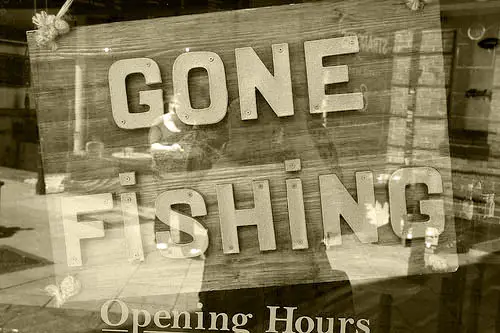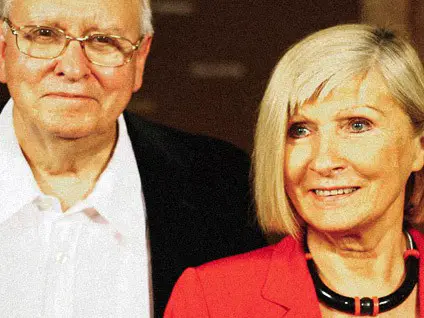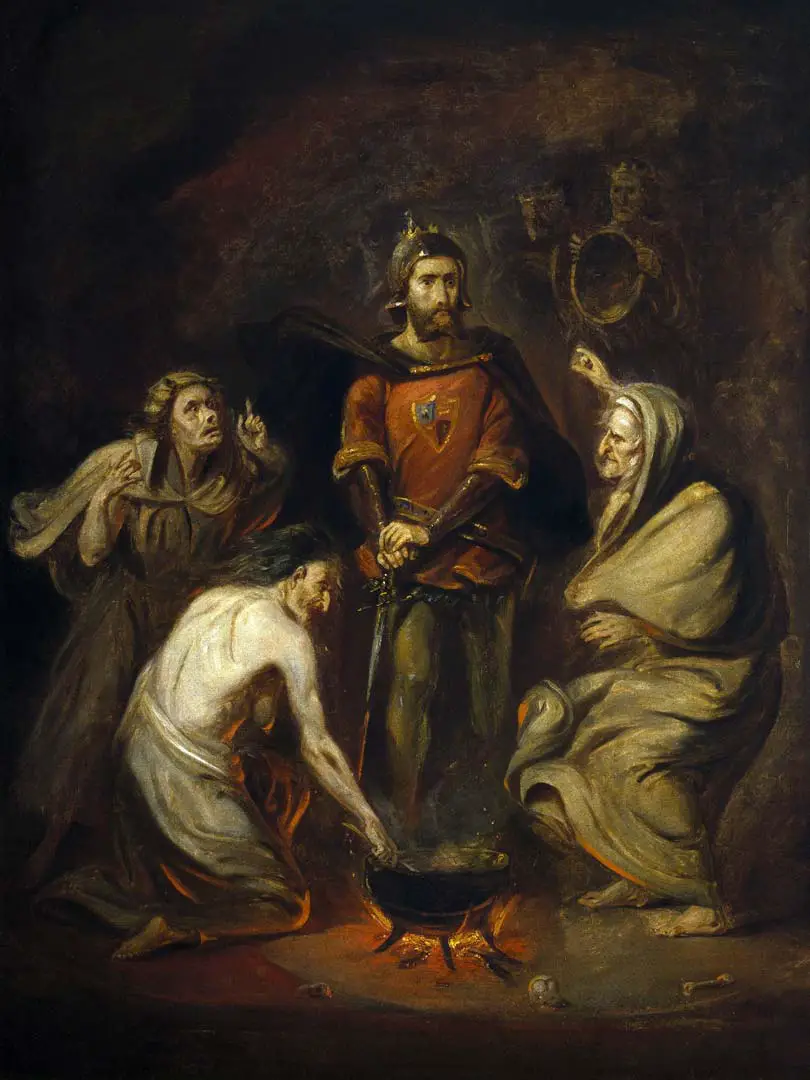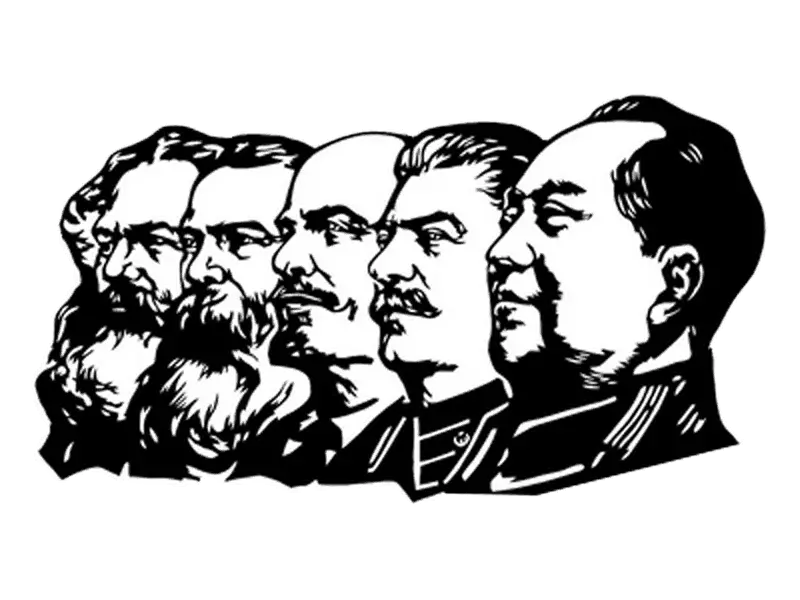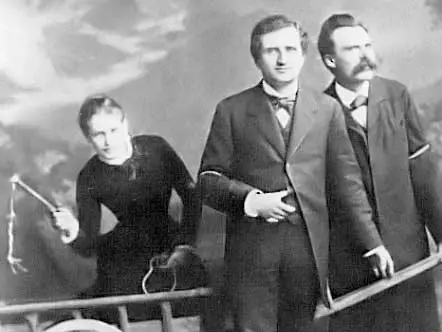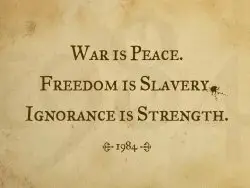‘Religion is opium of the people’ paradox
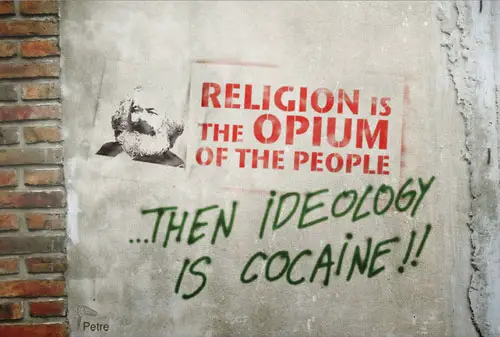

‘Religion is opium of the people’ paradox
There is a curious case about this much quoted passage. It is almost redundant to point out that this passage has meant for the majority of ‘Marxists’ that religion should be abolished. However, although Marx’ tone may lend to this view, he was also aware of the difficulties inherent to this ‘wish’. In order to understand Marx’ intentions, some context should be provided.
To start with, Marx published what was only an introduction to a work that he never completed. As his interests turned towards economics, his views on rights also changed towards that direction. So the first problem is precisely that Marx only published an introduction of a work he was planning.
Second, and a more philosophical point, is Marx’ understanding of religion. For this we ought to look more closely to the context this passage comes from:
Religious suffering is, at one and the same time, the expression of real suffering and a protest against real suffering. Religion is the sigh of the oppressed creature, the heart of a heartless world, and the soul of soulless conditions. It is the opium of the people.
Interestingly enough, most people cut their analysis at this point. By itself, this passage only has a negative connotation that Marx thought religion to have. Nevertheless, already here we can discern something profound that is absent from others who pointed out to religion as opium of the people (notably, Marquis de Sade in Juliette).
To my knowledge, there is only Foucault who looks further into the matter in order to understand how (and indeed, whether at all) it would be possible to take away people’s opium and abolish religion. Marx continues this passage with the following lines:
The abolition of religion as the illusory happiness of the people is the demand for their real happiness. To call on them to give up their illusions about their condition is to call on them to give up a condition that requires illusions. The criticism of religion is, therefore, in embryo, the criticism of that vale of tears of which religion is the halo. (in A Contribution to the Critique of Hegel’s Philosophy of Right).
Here we should be able to discern something typical to Foucauldian discourse: if abolition of religion is to be claimed, one will not simply gain the freedom that is desired (i.e. real happiness). Marx, as well as Foucault, are clear on the aspect of religion not merely as an illusion – rather, their condition requires illusion. Unlike Lenin and Soviet regime, for Marx, the change of the condition will ‘automatically’ result in abolition of religion; there would be no need to abolish it forcefully. Equally for Foucault, the relation between religion as an illusion and the condition that requires this illusion is exemplary of his discourse theory.
